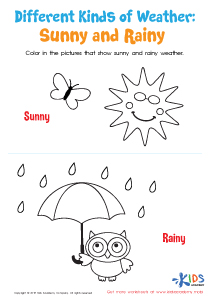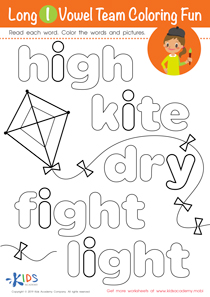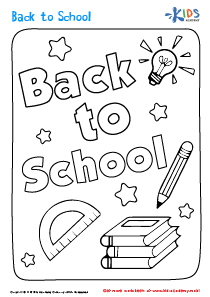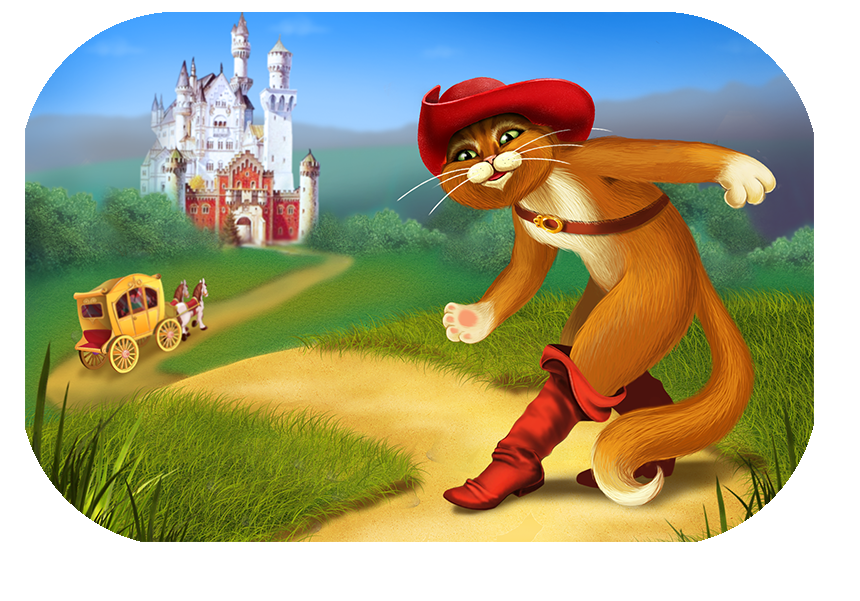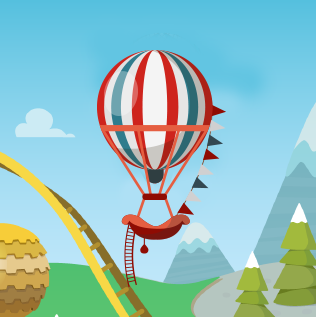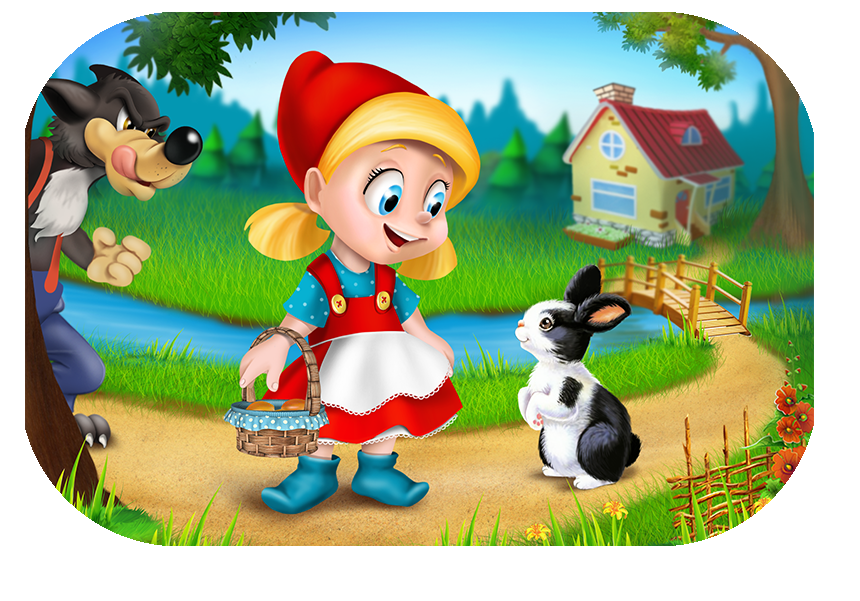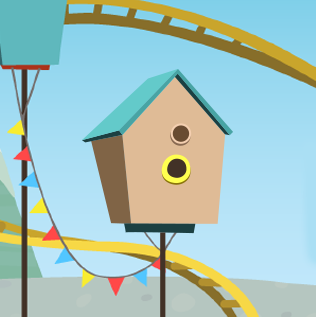English Language Arts Lessons | Phonics and Word Recognition
14 results
Our Phonics and Word Recognition Lessons are designed for children in Preschool, Kindergarten, Grade 1, Grade 2 and Grade 3. These interactive worksheets and educational videos provide an engaging and fun way for children to learn phonics and word recognition. The lessons cover letter sounds, blends, diagraphs, word families, sight words, and much more. Assessment quizzes are also included to monitor your child's progress. With these lessons, your child will develop their phonics and word recognition skills and gain the confidence to read independently. Try our Phonics and Word Recognition Lessons now and give your child the gift of literacy!
Phonics and word recognition lessons are essential in helping young children develop critical literacy skills. These lessons are designed to teach children how to sound out words, recognize common patterns and decode words. This is an important foundation skill for young children because it leads to better reading comprehension, spelling, and writing skills.
These lessons are particularly helpful to children in preschool, kindergarten, grade 1, grade 2, and grade 3. This is because these are the formative years when children are just starting to develop their literacy skills. Phonics and word recognition lessons are also designed to be interactive and engaging for young children. This helps to make learning fun and enjoyable, and it encourages children to develop a love for learning.
The lessons consist of interactive worksheets that are designed to provide children with hands-on learning experiences. These worksheets help children to practice their phonics and word recognition skills by giving them opportunities to sound out words, identify letter sounds, and recognize common patterns. For example, a child might be asked to identify the letter "c" and match it to pictures of objects that begin with the same sound like "cat" or "cupcake."
In addition to worksheets, the lessons also include educational videos designed to reinforce key concepts and skills. These videos are engaging and entertaining for young children, which makes them more likely to retain information. They also allow children to learn through visual and auditory cues, which can be very helpful for children who are visual or auditory learners.
Finally, at the end of each lesson, children are given an assessment quiz that helps to reinforce what they have learned. These quizzes are designed to test their knowledge and provide feedback on areas where they may need more practice. The quizzes are also interactive and engaging, which helps to keep children motivated and interested in their learning.
Overall, phonics and word recognition lessons are incredibly important for young children. Not only do they help to develop critical literacy skills, but they also provide children with hands-on learning experiences that are engaging and enjoyable. By using interactive worksheets, educational videos, and assessment quizzes, these lessons are designed to make learning fun and engaging for young children. As a result, children are more likely to develop a love for learning and a passion for reading and writing that will serve them well throughout their academic career.

